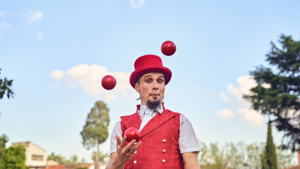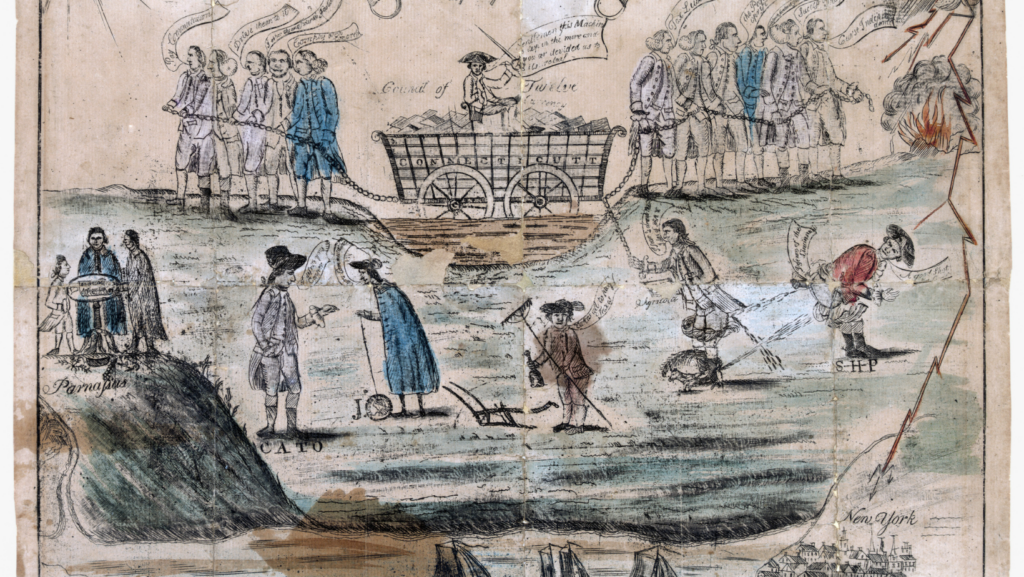History isn’t always a serious affair. Among the battles, revolutions, and political machinations, there’s a hidden treasure trove of hilarious happenings waiting to be uncovered. This article dives into the lighter side of history, revealing some amusing anecdotes that are sure to tickle your funny bone.
From unexpected animal invasions to royal missteps, history’s got it all. These quirky, lesser-known events offer a refreshing take on the past, proving that even in the most solemn situations, there’s room for a good laugh. So, buckle up for a rollicking ride through the annals of time, where humor and history combine to create an unforgettable narrative.
Funny Historical Events

Delving deeper into the annals of funny historical events, veils lift from some hilarious mishaps. These incidents, soaked in the essence of ancient times, summon peals of laughter, cutting through the sober fabric of the past.
The Ale Incident in Medieval England
Among myriad funny historical events, the Ale Incident stands tall. In medieval England, a man named Thomas Barnington obtained the king’s permission to host a performance. Unwitting spectators, they intended to enjoy an elaborate spectacle, punctuating the monotony of their daily lives.
The Failed Invasions of Julius Caesar
Julius Caesar, regarded highly in military circles for his tactical brilliance, had his fair share of blunders. One such debacle unfolded during his attempts to invade Britain in 55 and 54 BCE.
In the first attempt, Caesar’s forces encountered a devastating storm upon reaching British shores. Instead of the anticipated fierce battle, the Romans met their match in Mother Nature. The elements battered their ships, leading to much loss and embarrassment.
The Role of Humor in Important Historical Events

Humor, often found in unsuspecting corners, has played a notable role in significant historical events. This section delves into funny incidents that occurred during the Revolutionary War and the Industrial Revolution.
The Unexpected Outcomes of the Revolutionary War
The Revolutionary War, usually known for its gravity, had its own moments of levity. During the war, French Commander Rochambeau, famous for his tactical acumen, once lost a pet turtle near camp. The English, mistaking it for a secret French weapon, spent considerable time and effort interrogating the harmless animal.
Peace negotiations were also marked with humor. John Adams, Benjamin Franklin, and other American diplomats wore marten fur hats during the peace treaty signing with the British in France to symbolize their ‘savage’ American identity. Their attire became the talk of the town, providing a humorous counterpoint in a well-known profound moment of history.
Benefits of Learning about Funny Historical Events

Funny historical events not only entertain but they also add value in various ways. From promoting a love for history to reinforcing learning, humor plays a significant role.
When history employs laughter, it sparks a profound interest in past events. Students savor stories about George Crum’s unintended chip invention or Alexander Graham Bell’s accidental telephone creation. By introducing humorous aspects, educators ignite a lifelong love for history. Making lessons entertaining, rather than drab recitation of facts, enthuses learners, thus extending the impact of history education beyond the classroom. Instances such as Rochambeau’s missing turtle contribute to vivid memories and ensure that learners retain historical knowledge for a longer period.
Fostering Critical Thinking
Funny historical events also underlines the importance of perspective and interpretation. It tests the ability of students to distinguish between factual reporting and satirical commentary, and encourages them to think critically about historical happenings. Shows like “Saturday Night Live” and “The Daily Show with Jon Stewart”, for instance, leverage humor to examine politics and contemporary events, fostering critical thinking and refining interpretative skills.
To summarize, humor in history serves as a versatile tool, promoting engagement, enhancing retention, and fostering critical analysis. But most of all, it’s a reminder that history, despite its serious nature, unfolds in unpredictable, often amusing ways.

